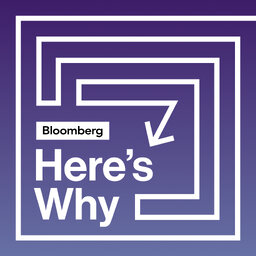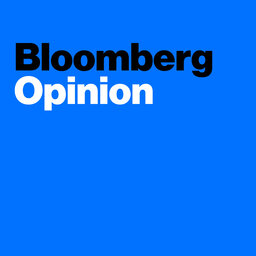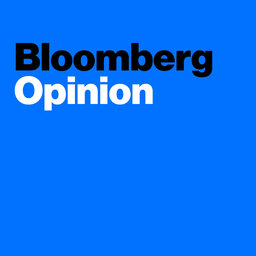It's the Economy, Stupid... or is it?
The Fed raises rates yet again. No surprise there, but its forward guidance was. And how much are Republicans and Democrats actually thinking about the economy when they head to the polls Tuesday? Jonathan Levin, Jonathan Bernstein, and Stephen Mihm join the conversation.
In 1 playlist(s)
Bloomberg Opinion
Deeper conversations on the week's most significant developments. Tune in and join in!Social links
Follow podcast
Recent clips

Introducing 'Here's Why' - Complex News Stories Explained
00:30

Airline Mergers and Restaurant Loyalty
35:20

Fossil Fuel Use and Drug Development
35:28
 Bloomberg Opinion
Bloomberg Opinion